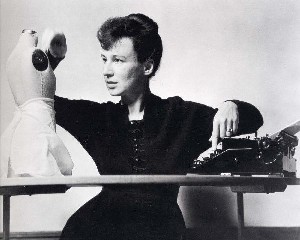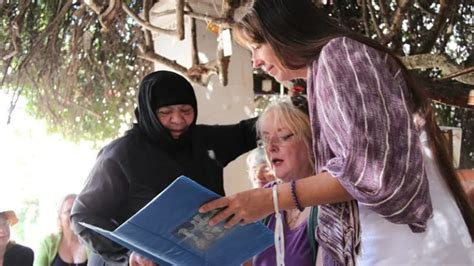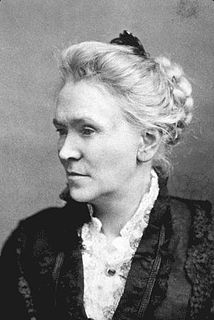A Quote by Jerry Saltz
Nearly a half-century on from feminism, simply being a woman artist is still a revolutionary act. And getting one's work shown continues to be met by enormous inbuilt resistance.
Related Quotes
I'd never met a woman I considered as intelligent as me. That sounds bigheaded, but every woman I met was either a dolly-chick, or a sort of screwed-up intellectual chick. And of course, in the field I was in, I didn't meet many intellectual people anyway. I always had this dream of meeting an artist, an artist girl who would be like me. And I thought it was a myth, but then I met Yoko and that was it.
I believe that telling our stories, first to ourselves and then to one another and the world, is a revolutionary act. It is an act that can be met with hostility, exclusion, and violence. It can also lead to love, understanding, transcendence, and community. I hope that my being real with you will help empower you to step into who you are and encourage you to share yourself with those around you.
It has not been without bitter resistance by the clergy that woman's property and educational rights have advanced. Woman's anti-slavery work, her temperance work, her demand for personal rights, for political equality, for religious freedom and every step of kindred character has met with opposition from the church as a body and from the clergy as exponents of its views.
In this simple but profound psychological way Scripture tells the history of the fall and of the origin of sin. In this way sin continues still to come into being. It begins with the darkening of the understanding, continues with the excitement of the imagination, stimulates desire in the heart, and culminates in an act of the will
I think feminism has always been global. I think there's feminism everywhere throughout the world. I think, though, for Western feminism and for American feminism, it not so surprisingly continues to center Western feminism and American feminism. And I think the biggest hurdle American feminists have in terms of taking a more global approach is that too often when you hear American feminists talk about international feminism or women in other countries, it kind of goes along with this condescending point of view like we have to save the women of such-and-such country; we have to help them.



































